Getting to grips with the plastics scourge
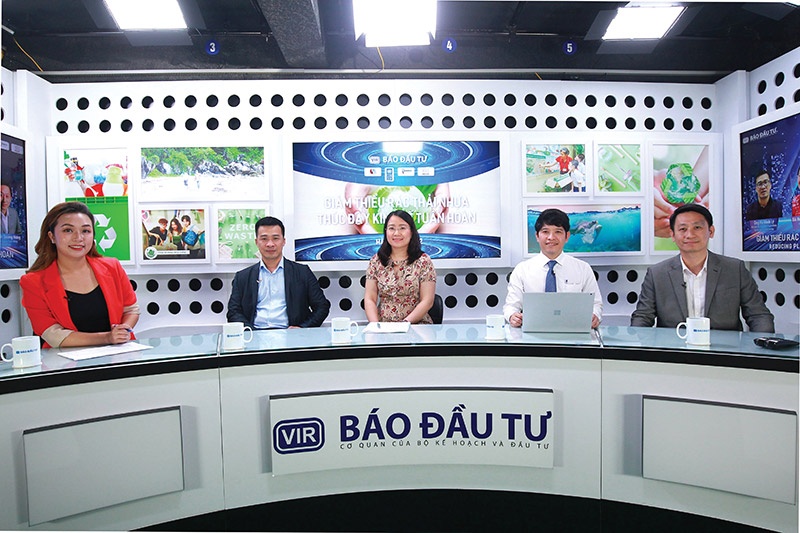 |
| Various experts last week pored over potential solutions to combat plastic pollution |
At last week’s VIR talk show on reducing plastic waste via the circular economy, it was explained that numerous obstacles have been faced by Vietnamese companies in decreasing plastic waste and constructing a sustainable society. According to a 2020 study from the UN Development Programme (UNDP), 90 per cent of respondents are aware of the need to minimise plastic waste, but are unwilling to take action.
In addition, the legal framework is insufficient to facilitate the transformation of businesses towards sustainable manufacturing. Incomplete technical rules exist for recycled plastic items – plus, the government has not yet developed a comprehensive solution to address the emerging issues of single-use plastic items, shared Hoang Thi Dieu Linh, waste and circular economy officer at the United Nations Development Programme (UNDP) in Vietnam.
| Hoang Thi Dieu Linh, Waste and circular economy officer UNDP Vietnam
Plastic items are cheap and affordable, and legal updates for plastic products are insufficient for long-term growth. To replace single-use plastic items, a synchronised solution from mechanism to policy is required. In order to solve this problem, multiple stakeholders must work together. The UNDP and the MoNRE have created the Vietnam Circular Economy Network, which is a public and stakeholder awareness-raising group that helps combine financial and technological efforts to produce creative solutions. It allows businesses to share successful models to assist with the transition to a sustainable circular economy. The UNDP is implementing a project in Binh Dinh province to construct a material recovery plant. The purpose is to improve the quantity of plastic waste collected in the system and then construct a value chain of plastic items to sell at a better price to the market. Scrap collectors can engage in this chain to enhance their livelihoods and promote awareness. |
Assoc Prof. Dr. Nguyen Dinh Tho, director general of the Institute of Strategy and Policy on Natural Resources and Environment, believes that Vietnam’s current plastic categorisation guidelines are still inadequate. However, the country’s Law on Environmental Protection 2020, which came into force in January this year, encourages the growth of a green economy. The legislation also underlines the obligations of ministries and communities to incorporate a circular economy in planning strategies, waste management, and waste recycling.
A large number of multinational groups in Vietnam in the past few years have shown a high level of commitment to plastic reduction and recycling. Craig Richard Bradshaw, CEO of Masan High-Tech Materials, stated, “To eliminate plastic, we must work and negotiate with our suppliers. In some instances, we reuse part of the materials sent to us by our clients. The most critical component of the sustainability jigsaw is educating all key stakeholders, including suppliers, consumers, and your employees. With a change in viewpoint, individuals will see sustainability as an opportunity for growth.”
President of Dow Vietnam Ekkasit Lakkananithiphan, also said that a shift in consumer behaviour on plastics had been recorded during the pandemic. The outbreak has indeed pushed everyone to utilise more plastic packaging and medical equipment, as we all wear plastic masks. “We will continue to promote the plastic circular economy concept, from advanced recycling to recyclability and bio-based plastics designs, and are constantly bringing in tech to help Vietnam achieve its environmental goals,” he highlighted.
Financial institutions, in the same vein, are also bullish on the sustainability path. Earlier this year, HSBC Vietnam announced its commitment to arranging up to $12 billion of direct and indirect sustainable financing for Vietnam and the corporate sector in the country by 2030.
HSBC expressed its plan to financially and expertly back corporations’ promising and critical green and sustainable projects in Vietnam, which play a vital role in decarbonising the country’s economy. This forms part of HSBC’s broader net-zero pledge to help customers transition their business models and decarbonise by prioritising $750 billion to $1 trillion in finance and investment by 2030.
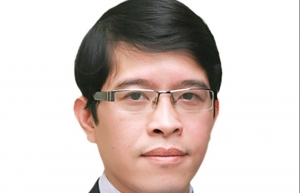 | Crafting a preferential plastics policy for businesses to grasp their crucial role Assoc Prof. Dr. Nguyen Dinh Tho, general director of the Institute of Strategy and Policy on Natural Resources and Environment shared with VIR’s Hoang Oanh about his desire to accompany businesses in providing reasonable advice and policies to build a circular economy for plastics by 2030. |
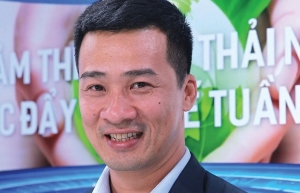 | Supporting action to curb plastic pollution Vietnam is promoting economic restructuring in association with the development of a green and circular economy. Vu Minh Ly, deputy director of the Communication Centre for Environmental Resources at the Ministry of Natural Resources and Environment, talked with VIR’s Phuong Thu about the efforts in terms of reducing plastic waste for sustainable development. |
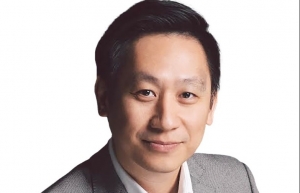 | Promoting a waste-free circular economy at Nestlé Packaging helps protect food and beverages, ensure product quality and safety, and prevent food waste. However, these essential requirements should not come at the expense of the planet. Khuat Quang Hung, head of Corporate Affairs at Nestlé Vietnam, told VIR’s Tra My how the company is committed to reducing waste from packaging, and taking concrete actions that help build a waste-free future. |
What the stars mean:
★ Poor ★ ★ Promising ★★★ Good ★★★★ Very good ★★★★★ Exceptional
Related Contents
Latest News
More News
- Vietnam financial markets on the rise amid tailwinds (February 11, 2026 | 11:41)
- New tax incentives to benefit startups and SMEs (February 09, 2026 | 17:27)
- VIFC launches aviation finance hub to tap regional market growth (February 06, 2026 | 13:27)
- Vietnam records solid FDI performance in January (February 05, 2026 | 17:11)
- Manufacturing growth remains solid in early 2026 (February 02, 2026 | 15:28)
- EU and Vietnam elevate relations to a comprehensive strategic partnership (January 29, 2026 | 15:22)
- Vietnam to lead trade growth in ASEAN (January 29, 2026 | 15:08)
- Japanese business outlook in Vietnam turns more optimistic (January 28, 2026 | 09:54)
- Foreign leaders extend congratulations to Party General Secretary To Lam (January 25, 2026 | 10:01)
- 14th National Party Congress wraps up with success (January 25, 2026 | 09:49)

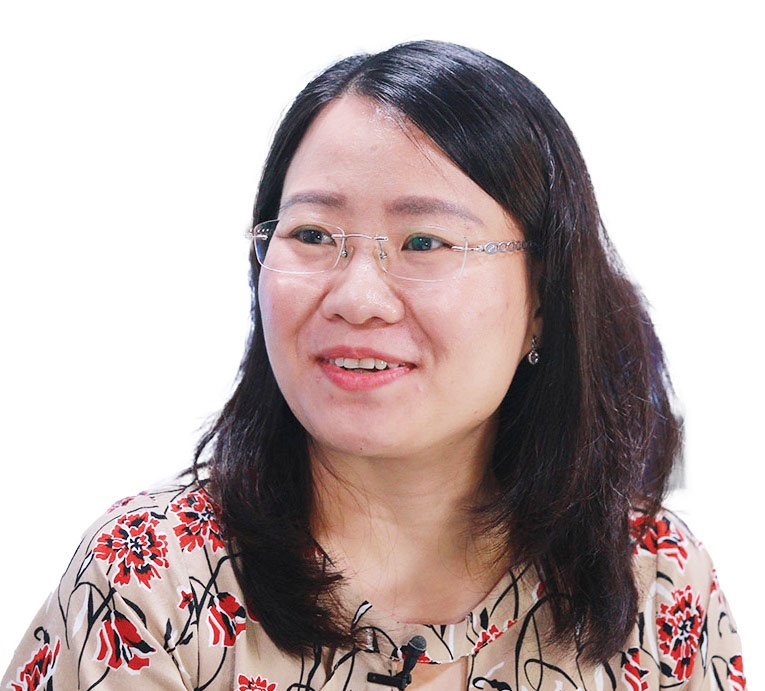
 Tag:
Tag:




















 Mobile Version
Mobile Version